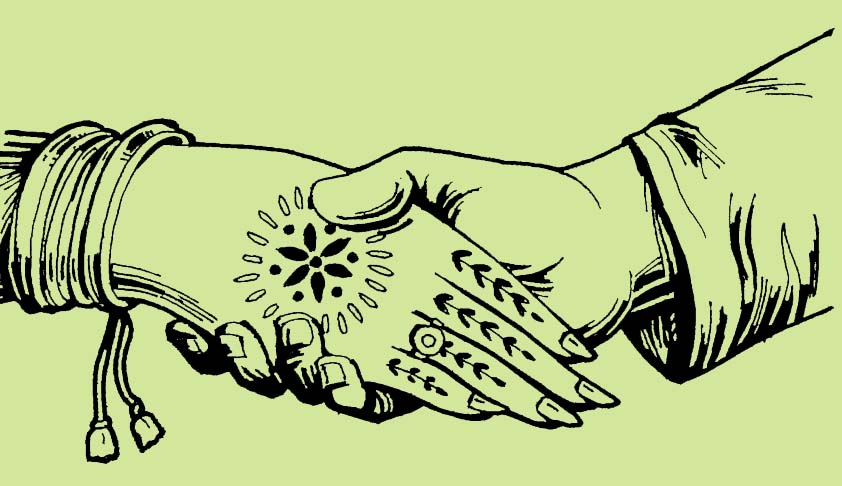Inter-religious Wedlock - Supreme Court orders Protection for the Couple
Apoorva Mandhani
10 Jun 2014 2:22 PM IST

Next Story
10 Jun 2014 2:22 PM IST
A couple from Ferozabad in Uttar Pradesh, who said they fell in love and married outside the boundaries of their religions at Arya Samaj Mandal, on April 17, 2014, sought the Supreme Court’s involvement, persuaded by its liberal and open-minded attitude towards inter caste marriages. The Supreme Court definitely didn’t let them down.The petition filed through lawyer Savitri Pandey, said...
